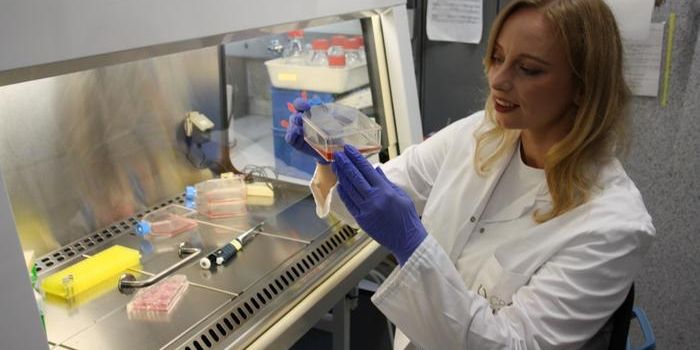The role of SRR in colorectal cancer
Researchers from Osaka University have recently discovered a new function of the multifunctional enzyme entitled serine racemase (SRR). According to the team’s findings, SRR plays a previously unknown role in cancer metabolism. This finding could lead the way to future anti-cancer treatments that target the enzyme in metabolic pathways.
SRR is already well known to convert L-serine into pyruvate, among other different reactions. And, interestingly, "Pyruvate is known to have an important role in cancer metabolism," explains lead author of the study Dr. Kenji Ohshima. "However, no one had previously studied how pyruvate produced by SRR is involved in cancer metabolism." This got Dr. Ohshima and the other researchers thinking.
In their study, they found that there is a higher presence of SRR in colorectal cancer cells and that cancer cells with more SRR divide faster than other cells. "This was a really exciting discovery because it showed that SRR is involved in colorectal cancer cell proliferation,” elaborates Dr. Ohshima. “When we then looked more closely at the pathway as a whole, we found that pyruvate levels were decreased in a slow-growing SRR mutant colorectal cancer cell line, suggesting that the pyruvate produced by SRR enhances the proliferation of colorectal cancer cells. This result confirmed that the metabolic pathway is integral to the progression of colorectal cancer."
The results from their study were published last month in Nature Metabolism.
Included in the publication were the findings that it was also possible to inhibit the growth of colorectal cancer by disrupting SRR in the metabolic pathway. This simultaneously demonstrated increased efficacy of drugs used to treat cancer and a subsequent reduction in tumors. While this study was conducted in mice models, the researchers are hopeful that their investigations will prove significant for humans.
"There is still work to be done to confirm that our results translate into human cancer systems," explains the senior author of the study Dr. Eiichi Morii. "However, based on these preliminary results, we expect that future strategies targeting SRR will provide effective new therapies for the treatment of colorectal cancer."
Sources: Nature Metabolism, Science Daily








